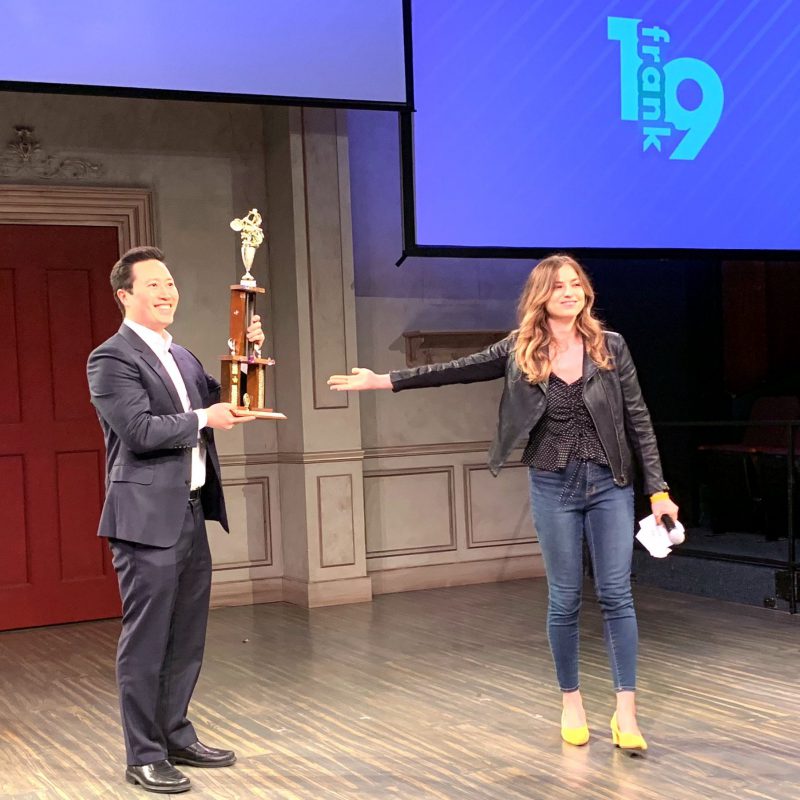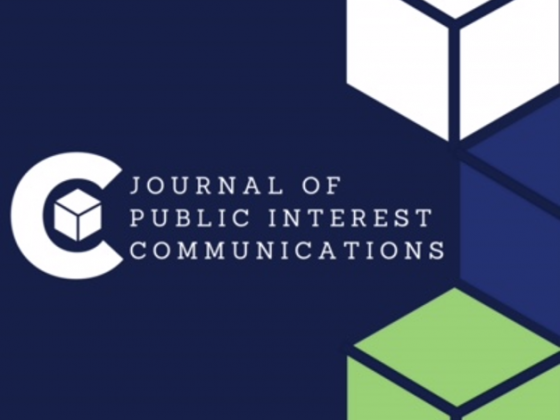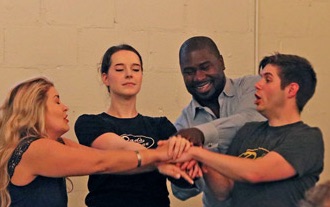The University of Florida College of Journalism and Communications annually awards two $1,500 prizes and one $10,000 grand prize to peer-reviewed academic research that informs the growing discipline of public interest communications.
Submissions are now open for the 2020 prize.
Research that informs the practice of public interest communications can come from a range of disciplines. Whether you study policy change, popular culture, social media or grassroots organizations, we want to see your work.
Previous winners have come from public health, moral psychology, health communication and organizational behavior. Past winning papers include:
- The strategic use of emotion for engagement and action, such as anger, comedy, fear, sadness, awe and pride
- How people process information and the persuasive power of narrative
- How our moral values and worldviews influence how we respond to messages and policies
- Models for strategy and activism
- Norms interventions to change culture
- How to build inclusive intersectional CSR strategies
- Why people remember false information
- Narrative and inoculation strategies for climate change and the social determinants of health communications
- Visual communication for behavior change
- Case studies on effective campaigns
This marks the seventh year of the Prize for Research in Public Interest Communications.
Three finalists will be selected to present their work at frank, an annual gathering and community of people who use strategic communications to drive positive behavioral, cultural and institutional change. frank is a place where strategists, non-profit and foundation leaders, activists, artists and scholars come together to share and apply the best of what they know.
Past winners:
2019: Jeremy Yip, assistant professor of management at Georgetown University’s McDonough School of Business and a visiting scholar at Wharton School of the University of Pennsylvania
2018: Chelsea Schein, postdoctoral fellow and lecturer at the Department of Legal Studies and Business Ethics at the Wharton School of the University of Pennsylvania
2017: Lisa Fazio, principal investigator at the Building Knowledge Lab and assistant professor of psychology and human development at Vanderbilt University
2016: Troy Campbell, assistant professor of marketing at the University of Oregon Lundquist College of Business
2015: Sara Bleich, professor of public health policy at the Harvard Chan School of Public Health and Carol K. Pforzheimer Professor at the Radcliffe Institute for Advanced Study at Harvard University
2014: Jina Yoo, associate professor of communication at University of Missouri-St. Louis
Finalists will be selected by a board of practitioners and scholars. Papers are considered based on their applicability to the field, contribution to public interest communications as an interdisciplinary academic discipline, methodological rigor and insight for innovating the social sector. Read more about public interest communications here.
The finalists will speak at the frank gathering in Gainesville, Florida, February 4-7, 2020.
The frank community is made up of 300 funders, nonprofit organizations, strategic communicators, journalists, activists and scientists. It provides a unique opportunity to build science communications experience and connect with a community eager to learn and apply your work.
Qualifying Entries
Only research that has already appeared in or has been accepted by a peer-reviewed journal may be submitted for this prize. All research submitted should have been completed within the past three years. Researchers may submit more than one paper.
Here is more information on the awards program and entry and judging process.
Scholars will work with a science communications expert to prepare for the following presentations on the frank stage:
1. A one-minute introduction of your work. This will be similar to an elevator pitch but will be prepared in a way to introduce you and your work to the audience.
2. A five-to-seven minute talk about your paper, how it fits within the body of your work and its relevance to the field. Watch similar talks on the frank stage.
3. A seven-minute on-stage interview to discuss how the field can apply or experiment with insights from the research.
This experience is designed to prepare researchers to communicate their work to a non-academic audience and develop a new network of practitioners and academics.
We are accepting submissions until 5 p.m. EST, November 1, 2019.




